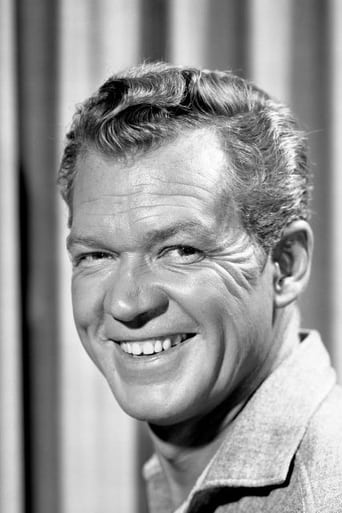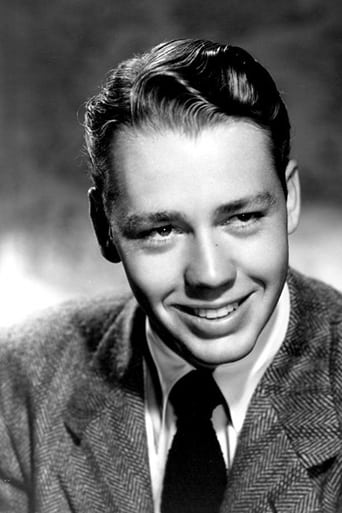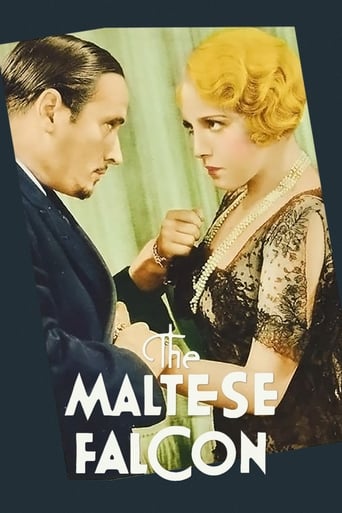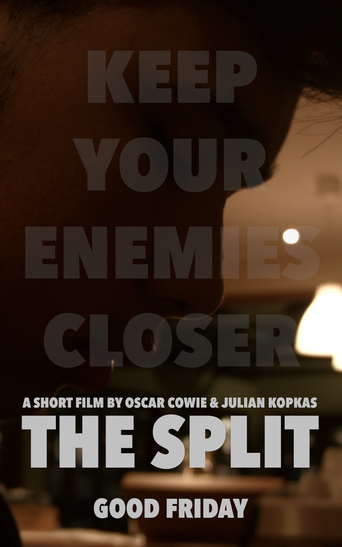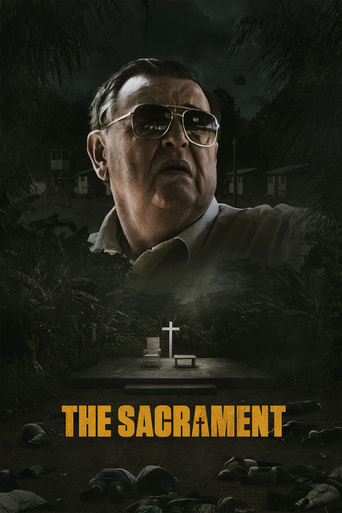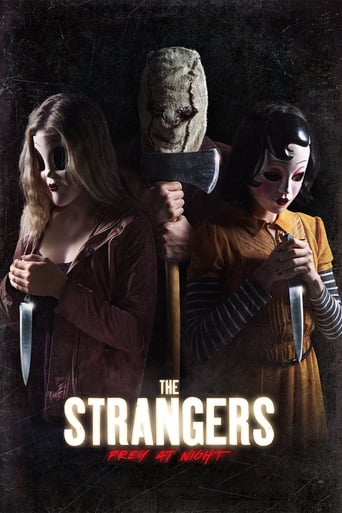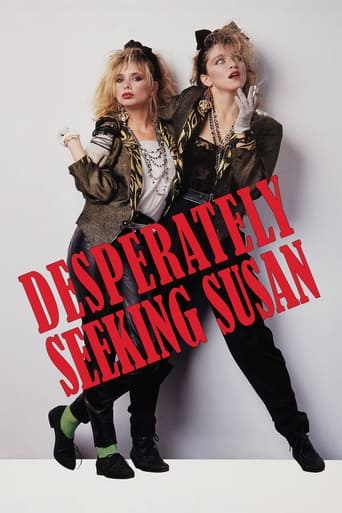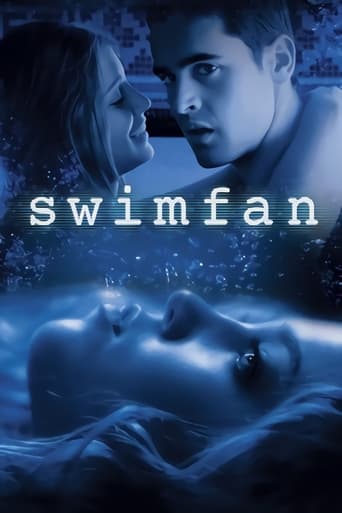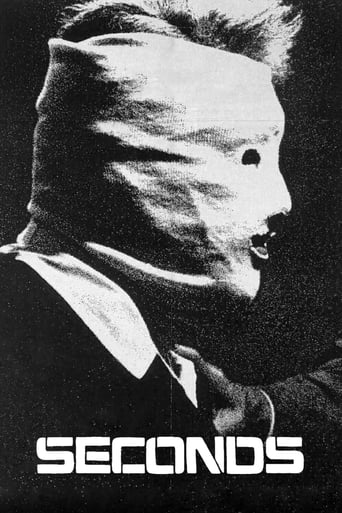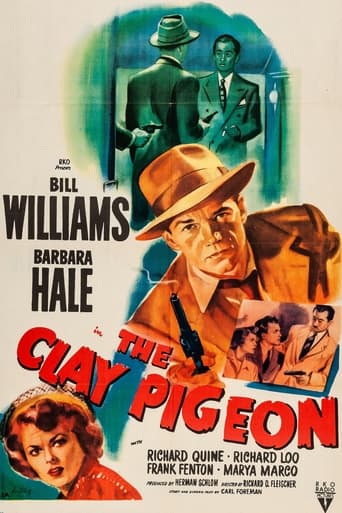
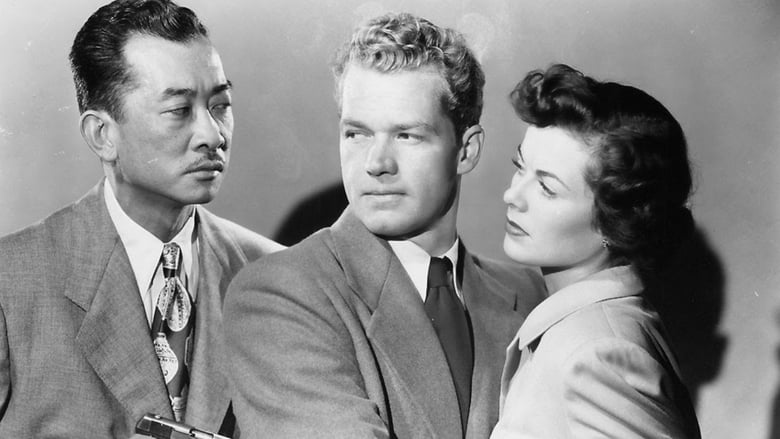
The Clay Pigeon (1949)
Jim Fletcher, waking up from a coma, finds he is to be given a court martial for treason and charged with informing on fellow inmates in a Japanese prison camp during WWII. Escaping from the hospital he tries to clear himself by enlisting the aid of Martha Gregory, widow of a service buddy he was accused of informing on. Helped also by Ted Niles, a surviving fellow prisoner, he gets closer to finding the answers he needs, and becomes ensnared in a grandiose scheme involving his Japanese ex-prison guard, $10,000,000 of US currency forged by the Japanese and a burgeoning crime network poised to wreak havoc throughout southern California.
Watch Trailer
Cast
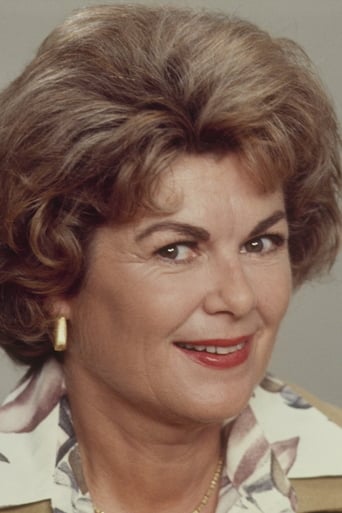


Similar titles
Reviews
I like the storyline of this show,it attract me so much
Very very predictable, including the post credit scene !!!
The Worst Film Ever
Simply A Masterpiece
I'm not sure if Bill Williams and Barbara Hale were married at the time The Clay Pigeon was being made. Certainly their chemistry was apparent and is the best thing about the film. The film with barely an hour and a quarter running time did not have much time for plot development. Basically Bill Williams is a sailor who developed hysterical amnesia while in a POW camp in the Pacific. He comes out of a two year coma and learns he's to be tried for treason. He's been accused of selling out his fellow prisoners while in Japanese custody. Worse than that, he's accused of murdering one of his best friends while a POW.For a guy just coming out of a coma, Williams is a pretty agile person though he does retrogress at times. He heads for the widow of the man he's supposed to have murdered who is Barbara Hale. She's real reluctant to help him, but later when someone tries to kill them both she becomes a willing accomplice.Given the limited amount of characters in the film, there wasn't a terrible lot of suspense for me. In fact I figured out who was behind it about a third into the film, it was that obvious to the audience, but not to Williams. To be fair there were reasons why he wouldn't consider the possibility of what actually was going on.It was also just too too coincidental that he happened to run into the chief nemesis of the POWs, a sergeant who is played by Richard Loo whom they find in LA's Chinatown. The film had a lot of potential, it was a good idea, but it needed a far better script and direction.
Excellent 'B' noir - from the memorable opening sequence of a close-up of a sleeping man's face, with a couple of hands entering the frame to strangle him, to the exciting train-ride climax, which curiously anticipates the director's own THE NARROW MARGIN (1952) - with a topical, Hitchcockian plot of an amnesiac war veteran, accused of treason and of being party to murder, who goes on the run to prove his innocence. Despite unknown leads (including Bill Williams and Barbara Hale, a married couple in real-life and the parents of BUTCH AND SUNDANCE: THE EARLY DAYS [1979] star William Katt, which I unwittingly watched the very same day, and future director Richard Quine!), it's very stylishly handled by an expert in the genre, with special care given to the hero's hallucinatory flashes of his harrowing experiences in a Japanese P.O.W. camp.
Reasonably well directed with a nightmare atmosphere to it, the film looks fairly good in the stark black and white, but it is quite a routine noir thriller overall however, with predictable events and situations all the way through. The flashbacks used have an interesting, artistic style to them, but there is little else of note here. The acting and technical aspects are only adequate, and the plot is nothing special, in many ways similar to a Hitchcock thriller, even though Hitch would have made it more exciting and intriguing had he been at the helm. But, at the very least, the film has an appropriately compact running time, which leads to it rarely feeling like it is overly drawn out.
When Bill Williams comes out of a coma at a Naval hospital in Long Beach, he knows who he is but doesn't know why he's there. But he overhears staff talking about his impending court-martial for treason: Apparently he snitched on his fellow Americans in a Japanese prison-camp, leading to their deaths by torture. No fool he, he grabs some civvies and slips out the door, headed to San Diego and the widow (Barbara Hale) of one of his dead buddies.She's understandably unhappy to see him and even more so when he binds and gags her, then heads north to Los Angeles in her car, with her in it. When pursuers almost run them off the road and down a ravine, she starts to believe his story about being innocent. In L.A., he enlists the aid of another survivor (Richard Quine), who advises him to lay low as the `Old Lady' (the Navy) is watching them both.Then one evening in the White Lotus, a `chop-suey joint' oddly run by Japanese, he spots among them the most sadistic of the guards, nicknamed `the Weasel.' Soon he finds himself the fall guy, or clay pigeon, in a transpacific scheme to launder millions in counterfeit currency printed in anticipation of Japanese victory and occupation. Its operations come very close to him....The Clay Pigeon is another of the trim and stripped-down noir thrillers churned out by Richard Fleischer in the post-war years. While not as deftly worked out as Armored Car Robbery or The Narrow Margin, it clocks in at just over an hour and delivers the goods. Its stars, Williams and Hale, were married at the time and would remain so until his death. Among their children is actor William Katt (Williams' birth name), the spit-and-image of his dad. Hale, of course, had a long run as Perry Mason's gal Friday, and Raymond Burr named an orchid he cultivated after her - not Della Street, but Barbara Hale.


